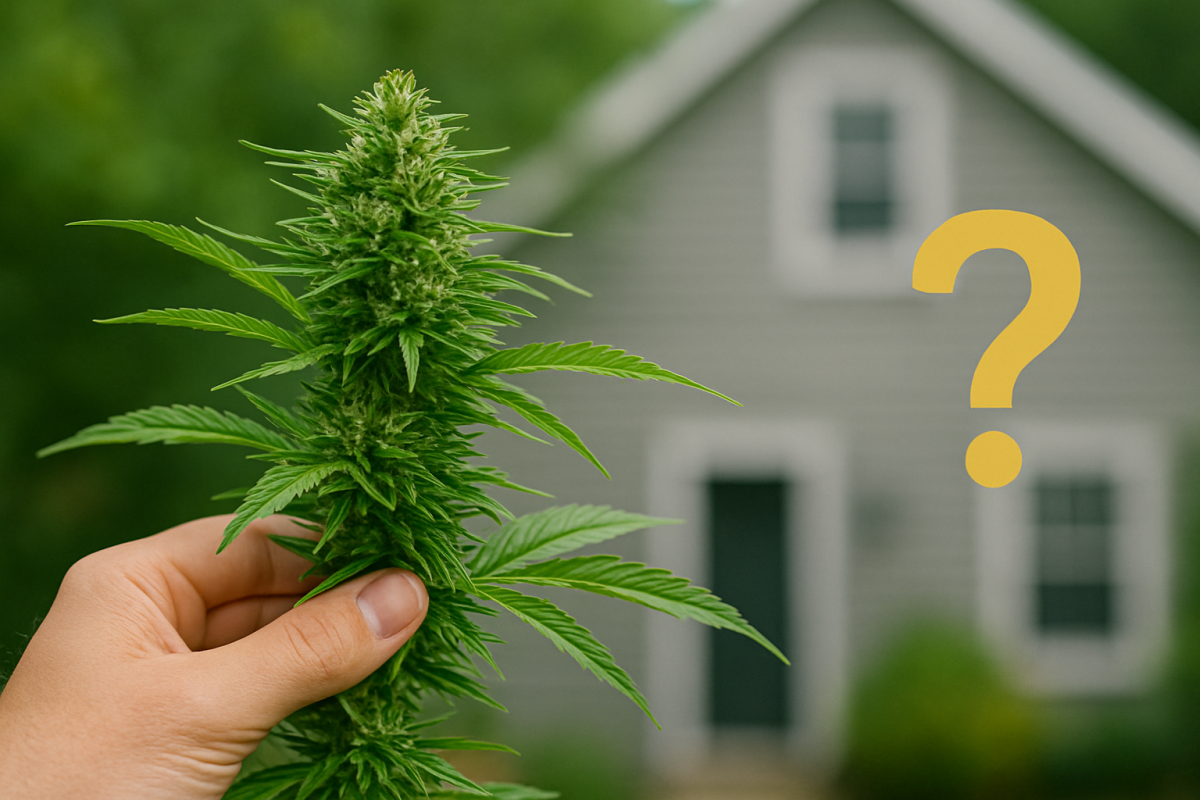CBD is everywhere in 2025. It comes in a variety of products from oils and capsules to skincare and pet treats. But if you’re serious about quality, growing your own plants is unbeatable. Before you put a seed in the ground, though, you need to know where the law stands because one mistake could cost you everything.
At Cannabiz Seed, we don’t just sell seeds; we live and breathe compliance. Laws around CBD-compliant cannabis seeds for legal home grows aren’t simple, and they’re not the same everywhere. Knowing your rights and choosing the right strain is how you protect your grow, your investment, and yourself.
Here’s what you need to know to stay safe and grow smart this year.
CBD and the Law in 2025
You’d think by now it would be straightforward. It’s not. Some places love CBD, but they’re still skittish about home-grown cannabis, even if it’s non-psychoactive.
Every region has its own quirks. Some countries allow small grows with clear limits; others enforce bans like it’s 1995. If you’re planning to grow, you need real facts and not mere assumptions.
You need to constantly track the shifts because laws can change mid-season, and ignorance won’t protect you when they do. Neither will good intentions.
United States: State by State Minefield
Federal law says hemp (cannabis under 0.3% THC) is legal. But the feds don’t control your backyard —your state does. And the rules change from federal to state as fast as the weather.
In states like Oregon and Colorado, home growing is fully embraced. In places like Idaho and Nebraska? Forget it as it’s still treated like high-THC cannabis. Some states let you grow hemp with a permit, others allow a few plants for personal use, and a few slam you with felony charges for even trying.
Here’s the bottom line: never plant before you check local law. Your whole season and your freedom depends on it.
Canada: Four Plants, but Check the Fine Print
Since 2018, Canadian adults can grow up to four cannabis plants at home including CBD. Sounds simple enough, but there’s a catch: provinces can (and do) tweak the rules.
Quebec and Manitoba, for example, banned home growing outright. Other provinces allow it but pile on restrictions about visibility, fencing, and security.
One thing you have to remember is that Canada doesn’t care if your plant is high-CBD or high-THC. A cannabis plant is a cannabis plant under the law. Stay discreet, stay compliant, and stick to the limits.
Europe: One Continent, Endless Confusion
Across Europe, CBD is mostly legal. Growing your own plants? That’s a mess.
In Switzerland and the Czech Republic, low-THC cannabis grows are permitted. In France and Sweden, it’s banned in totality. Even within the European Union, there’s no unified rule which means that each country interprets hemp cultivation differently.
So what is the EU definition of hemp you ask? The EU standard is clear: hemp must stay under 0.2% or 0.3% THC, depending on local law. The enforcement is, however, inconsistent. If you’re in Europe and planning to grow CBD, double-check everything and then check it again.
Choosing the Right Strains
Let us first get down to the two kinds of CBD strains in the market.
High CBD Low THC
The first variety contains high levels of CBD with minimal to non-existent THC that is contained below the conventional 0.3% viability mark.
These seeds were created for the legal markets where THC is banned. They also serve cannabis enthusiasts looking to get started with the therapeutic potential of cannabinoids without its psychoactive nature.
High CBD High THC
These seeds are rich in both cannabinoids with THC surpassing the 0.3% mark. In most strain cases, this variety was bred for maximizing the entourage effect for medical users. Nevertheless, these strains remain psychoactive despite the CBD countering the buzz from the THC.
Which is Best for Me?
We have already had an overview of what the law says in the major cannabis markets. All you should know is that if your crop tests above the limit, even by a fraction, you’re on the hook. Fines, forced destruction, even criminal charges are real risks.
At Cannabiz Seeds bank, we have CBD seeds that meet these legal THC thresholds, backed by reputable lab tests with full documentation. Our genetics are bred to stay stable, and productive.
Key Takeaways
Growing CBD at home in 2025 is possible but it’s not lawless. You need knowledge, caution, and the right genetics to do it legally and well.
- Know your local laws. Don’t guess.
- Stay under the THC limit — always.
- Source your seeds from professionals who understand compliance, not random online sellers.
- When in doubt, talk to a lawyer, not a forum.
At Cannabiz Seed, we’re growers first and sellers second. We know what it takes to run a compliant, successful CBD grow in today’s complex legal world. And we’ve built our seed bank to give you exactly what you need to do it right.
Ready to start your grow the smart way? Shop compliant CBD seeds at Cannabiz Seed — and grow with confidence in 2025.
